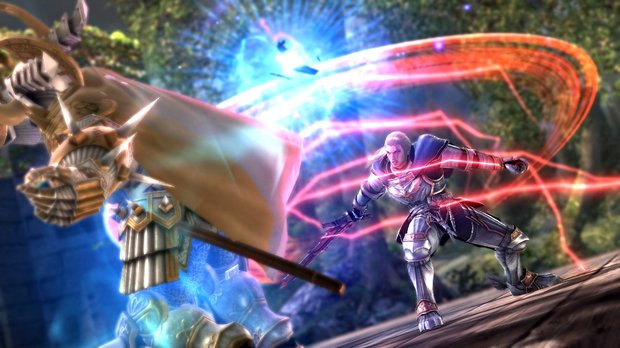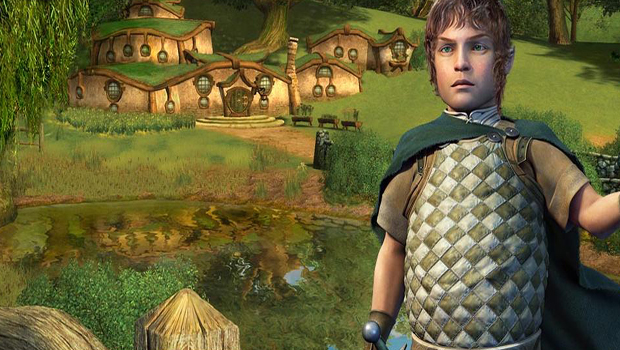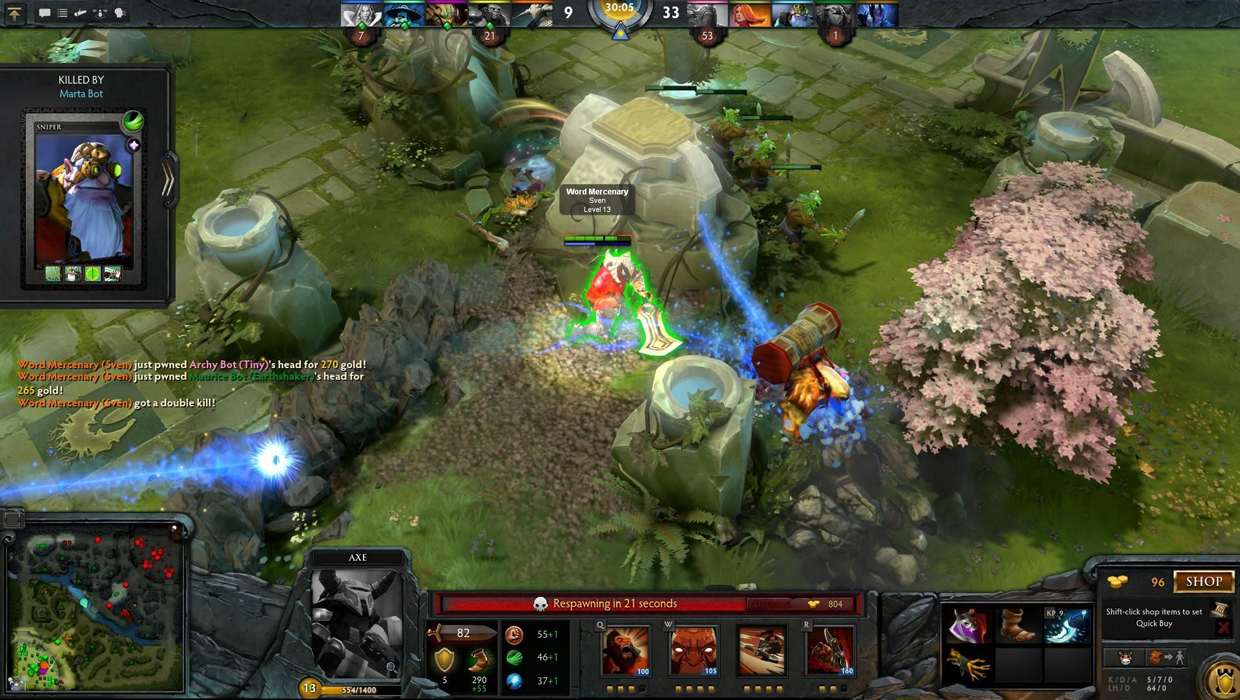SoulCalibur: Lost Swords exemplifies why people hate pay-to-win systems
There's a good chance you don't care about free games, but I really think you should. Typically, this is when I'd launch into an argument in favor of the concept. "They provide great experiences with zero barrier of entry!" I'd type with gusto. "You're missing out," I'd say in an impassioned paragraph sandwiched between pictures of Lord of the Rings: Online and Dota 2. But on days like today, I'm reminded why so many gamers are seemingly done with F2P. Because for every developer trying to find creative ways to integrate smart, inoffensive microtransactions into its products, there's a game like SoulCalibur: Lost Swords, which is currently sitting on one of the worst Metacritic scores of the 2014.

Since the original released some 15 years ago, SoulCalibur has been about competitive fighting. The franchise grew, but it didn't matter if you were playing as the Nightmare, Yoshimitsu, or Link; you were doing it to get better so you could beat the snot out of other people. But Lost Swords for PS3, the first free-to-play entry in the series, removed all competition from the formula, leaving only a single-player only fighting game. Strange, right? Well, there's a reason: because, as Lost Swords producer Masaaki Hoshino explains, the game is pay-to-win.
Hoshino explained that "Originally, we were thinking about having a multiplayer option, but because we're going with a pay-to-win model, we were worried that by having online multiplayer, all the new users… might be immediately deterred by fighting against opponents who had superior equipment."
He literally used those words, too, seemingly unaware that admitting that your game is "pay-to-win" is acknowledging that you're trying to rip people off. "Pay-to-win" is a badge of shame, not honor. It's the carnival barker juggling ping pong balls in front of little glass fish bowls yelling, "Step right up and try your luck! Also, the top of the bowls are smaller than they look, so you're going to lose and you'll never get the giant stuffed panda for your date!"

This is a case of pay-to-win microtransactions undermining the concept of a well-regarded franchise so severely that it basically reaffirms every prejudice gamers have against free-to-play games. Players want balance. Players don't want to have to spend cash on equipment that makes them more powerful. Players don't want to buy a shield with real money that improves their skills. Players don't want pay walls at all, so if they're going to be there, they need to be unintrusive. Fail to accomplish this, and you're not only dooming your own game, but compromising the integrity of your franchise and the entire F2P genre.
The bigger problem with things like this is that it sours people to the idea of free-to-play. Sure, this is just one bad example amidst a treasure trove of great experiences (we were able to fill out a list of 100 free games just last week), but people latch on to the bad examples. One bastardization of a popular franchise that’s outright ruined specifically by a poorly implemented F2P system is more powerful than 50 great F2P experiences.

But, in the end, a mere glance at the Metacritic page for Lost Swords tells more of a story than I can. Currently, with four reviews, it's sitting at a 26%, with all of the writers complaining about the game's beyond broken microtransaction system. Hopefully gamers can look past instances like this and see the bigger picture, with hundreds of free games that provide great experiences with zero barrier of entry. Otherwise they--and the industry--will be missing out.
Weekly digests, tales from the communities you love, and more
Hollander Cooper was the Lead Features Editor of GamesRadar+ between 2011 and 2014. After that lengthy stint managing GR's editorial calendar he moved behind the curtain and into the video game industry itself, working as social media manager for EA and as a communications lead at Riot Games. Hollander is currently stationed at Apple as an organic social lead for the App Store and Apple Arcade.



